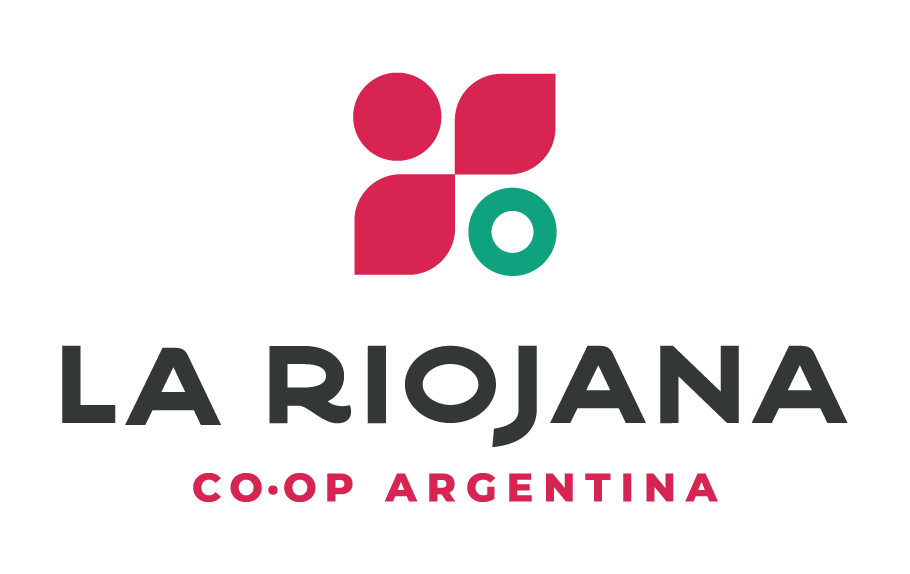Image: lariojana-vineyards(34).JPGLa Riojana owes so much to the pioneering Italian migrants who first moved, in the 1940s, to the Famatina Valley in the remote northwest region of La Rioja province.
Not only did they work together, sharing their grapes to make wine for their new community and sowing the seeds for what would eventually become La Riojana, they also set up home in what is now one of Argentina’s most reputable wine growing regions.
Wine growing paradise
Image: lariojana-vineyards(17).JPGThe Famatina Valley is nothing short of a viticultural paradise, ideal for growing grapes capable of thriving in what can be harsh conditions with summer temperatures topping 45°C and rainfall of only 180mm a year.
Despite the near-desert conditions, crucially grapes can be grown in high altitude vineyards, ranging between 900 to 1,400 metres, on loam to sandy loam, alluvial type soils.
This means they can enjoy both the benefit of brilliant sunshine during long hot days and then the comfort of cold nights.
This is the ideal combination for growing superb healthy fruit, bringing depth and colour to the red wines and aroma and flavour to the whites.
The hot, sunny conditions are also ideal for organic wine growing vital to La Riojana’s winemaking philosophy as it means fewer insects, and pests, that can affect the grape.
We also use sheep in the vineyards to keep on top of vegetation and any pests and their manure helps fertilize the vines.
What’s more the Famatina valley is surrounded by the Andes, Famatina and El Velazco mountains, which run northwest to south east, providing good ventilation and protection to the vines.
Wine production
Image: lariojana-bogeda(2).jpgAll the grapes grown by our members, across some 4,125 hectares of vineyards, are then sent to eight different bodegas, with the majority going to our main winery in Chilecito in the Famatina Valley.
La Riojana’s total wine production ranges from between 35 million to 40 million litres, the equivalent of around 4 million cases of wine, depending on the harvest and vintage.
All of our production is certified Fairtrade and approximately 12% of our production is certified organic. Currently we have 345 hectares certified for organic production, but we expect to see our organic production more than double by 2017 taking into account our ongoing conversion to organic vineyards.
This will be particularly important in growing our organic business, particularly in Europe where it already accounts for 44% of our sales.
By 2025, we aim to be 100% Fairtrade and 100% Organic certified.
Grape varieties
Image: lariojana-harvest(30).jpgThe number of members and growers in the La Riojana co-operative means we are able to make wine from one of the widest selection of grapes available in Argentina.
Torrontés Riojano accounts for 40% of the total grapes grown across the co-operative. Syrah and Malbec are our two other main wine varieties.
The full selection of grapes grown by our members include:
Red
Malbec, Syrah, Cabernet Sauvignon, Bonarda, Merlot, Barbera, Tempranillo and Aspirant Bouchet.
White
Torrontés Riojano, Chardonnay, Sauvignon Blanc, Moscatel de Alejandria, Pinot Gris and Pedro Jimenez.
Argentina’s biggest Torrontés producer
Image: lariojana-grapes(21).jpgLa Riojana is Argentina's largest producer of Torrontés, the country's signature white grape variety.
On average we produce around 20 million litres of Torrontés Riojano, in nine different styles, ranging from dry to sweet to sparkling, right through to grappa.
The La Rioja climate and wine growing conditions are particularly well suited to Torrontés and La Riojana has built a reputation for producing wines with a distinctive, fresh, fruity aromatic and friendly character. These are wines that work equally well as an aperitif or paired with food.
Chief winemaker: Dr Rodolfo Griguol
La Riojana’s team of seven winemakers is led by Dr Rodolfo Griguol, who has not only worked with the winery since 1984, but grew up on the co-operative as his father was one of the original members, becoming general manager in 1940.
Image: lariojana-chiefwinemaker-rodolfogriguol(1).JPGHe says: “I have spent my life in this co-operative, right from playing in these yards as a child, to taking the role of head of winemaking over 30 years ago.”
Rodolfo has gone on to become one of Argentina’s most significant winemaking figures.
He is, for example, known as the “King of Torrontés” such is his responsibility in helping to make nearly half the country’s total Torrontés production. One of his key achievements was to develop an ecotopic yeast for the production of Torrontés Riojano wine.
Rodolfo is the first winemaker in Argentina to hold a doctorate in winemaking, which he gained at the Juan Agustin Maza University in Mendoza, Argentina after studying for a biotechnology postgraduate degree at the University of Caixas Do Sol in Brazil.
His winemaking philosophy is to produce wines with great varietal expression from the best quality grapes.
Include link to winemaker video interview with Rodolfo Griguol.


